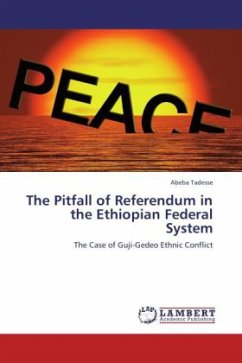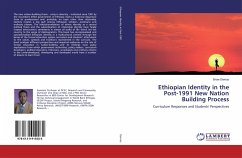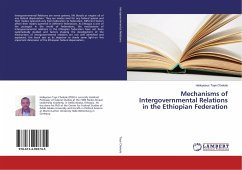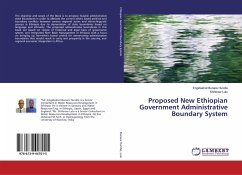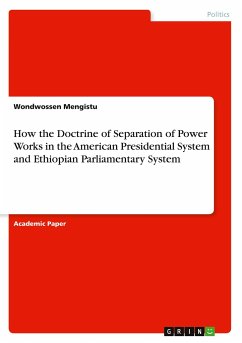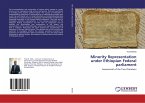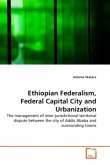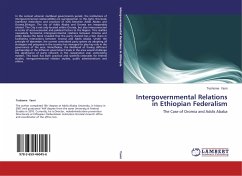The post-1991 period in Ethiopia witnessed the major change in its political landscape by reconstituting the country into an ethnic federation. With the aim of reorganizing the state structure and state-society relations, ethnicity has been declared the ideological basis of political organization and administration of the new Ethiopia . Following the formation of the federal structure, however, the most noticeable change regarding conflict in Ethiopia has been the emergence of localized violent conflicts involving several of the ethnically constituted regions. In this respect, Guji-Gedeo conflict, which did not have a history of protracted conflict, can be a case in point. Therefore, this book tries to examine the root causes of Guji-Gedeo ethnic conflict as a case study. It explores the device used in managing the conflict. It also looks at the post-conflict situation in those contested areas and reviews the effect of referendum in the future relations of the two ethnic communities. The author believes that the book would contribute for policy makers, students of federalism and researchers who work in or study in the area of federalism and ethnic conflict management.
Bitte wählen Sie Ihr Anliegen aus.
Rechnungen
Retourenschein anfordern
Bestellstatus
Storno

